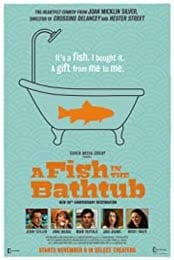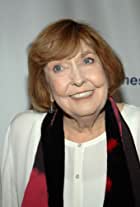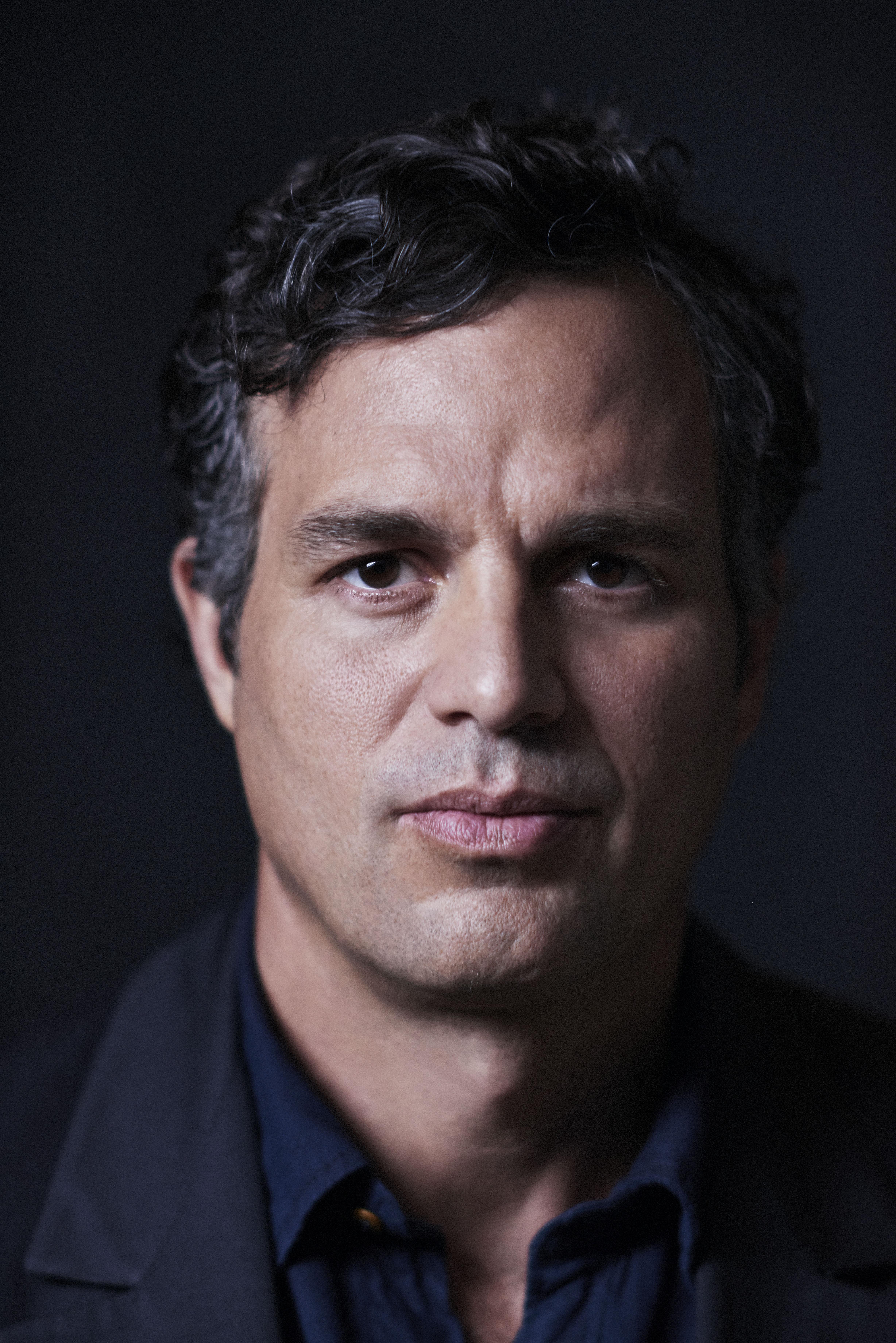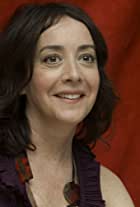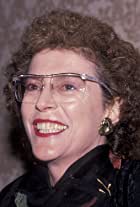
Joan Micklin Silver
Birthdate – May 24, 1935 (89 Years Old)
Birthplace – Omaha, Nebraska, USA
As a successful director working both inside and outside the Hollywood studio system, Joan Micklin Silver was a true lamplighter. Garnering a steady stream of awards and box office successes, she proved herself time and again as one of the most important woman directors to come out of the United States, and demonstrated that films about Jewish topics can succeed with both Jews and non-Jews alike.Based in New York, where she lived for many decades, Joan Micklin was born in Omaha, Nebraska in 1935. She was the daughter of Maurice David and Doris (Shoshone) Micklin, Russian Jewish immigrants who came separately to the United States before the upheavals of the Russian Revolution. Her father later founded the Micklin Lumber Company. Her deep love for the movies was first nurtured during her earliest days in pre-television Omaha, where she attended the local cinema religiously. She attended Temple Israel Synagogue and graduated from Central High School in 1952 and often wrote sketches for school plays.Fresh after graduating Sarah Lawrence College in 1956, she married Raphael D. Silver, son of the famous Rabbi Abba Hillel Silver of Cleveland. The Silvers lived in Cleveland from 1956 to 1967 and raised three daughters there: Dina (born 1958), Marisa (born 1960), and Claudia (born 1963). While in Cleveland, Silver taught music and wrote plays, two of which were performed at local Cleveland theaters. In 1967, the Silvers moved to New York, where she worked briefly for the Village Voice and was then hired to adapt Lois Gould’s 1970 novel Such Good Friends for legendary director Otto Preminger (she was replaced by a long line of others that included Joan Didion and Elaine May). Her first original screenplay, Limbo, about the wives of prisoners of war in Vietnam, was purchased by Universal Pictures and made into a film directed by Mark Robson. When Silver clashed with the director over her vision for the film, she was fired and replaced by James Bridges, though she received story and co-scripting credit in the final film.The Learning Corporation of America then commissioned her to write and direct a series of short films, among them The Immigrant Experience: The Long Long Journey (1972), which went on to win several awards. When her success as a screenwriter and director of short films failed to score her a break in directing feature films, and when a studio executive actually told her that “women directors were another problem the studios didn’t need,” Silver’s husband agreed to raise the money for her debut feature and serve as its producer. The film became Hester Street (1975), adapted by Silver from the 1890s novella Yekl by Abraham Cahan, the founder of the Jewish Daily Forward. Turned down by every major studio as an “ethnic oddity” with a limited audience appeal, Hester Street was independently distributed by the Silvers, with the guidance of John Cassavetes. Joan and Ray formed the production and distribution company Midwest Films, through which the film was seen worldwide and admired by Jewish and non-Jewish audiences. Hester Street became one of the earliest independent films to be nominated for Academy Awards, securing a Best Actress nod for lead Carol Kane. The following year, she adapted F. Scott Fitzgerald’s Bernice Bobs Her Hair (starring Shelley Duvall, Bud Cort and Veronica Cartwright) as part of a series of median-length features taken from classic American short stories.Despite the critical and surprise commercial success of Hester Street, major studios still would not back Silver’s next film. Her second feature, Between the Lines (1977), about a group of people who work for an alternative newspaper in Boston, was once again produced by her husband. That comedy feature an ensemble cast of now-famous faces, including Jeff Goldblum, John Heard and Stephen Collins. Her third feature, Chilly Scenes of Winter (1979), based on the novel by Ann Beattie, marked Silver’s first experience working with a major Hollywood studio, namely United Artists. Turner Classic Movies’s Robert Osborne selected the film for inclusion in a special festival recognizing pictures that were “woefully overlooked and under-appreciated,” then later programmed the film for his “night of favorites” on TCM in 2007. In November 2014, Chilly Scenes of Winter played to a sold-out crowd at New York City’s IFC Center.After years of directing stage productions, including the well-received A…My Name is Alice (1983), she returned to features in 1985 with the comedy-drama Finnegan Begin Again, starring Robert Preston, Mary Tyler Moore and Sam Waterston. The first effort produced by the fledgling HBO Premiere Films, the film won the Silver Leopard’s Eye at the Locarno Film Festival. Her next film with a Jewish subject, the beloved Crossing Delancey, a hit romantic comedy about an assimilated Jewish Manhattanite (played by Amy Irving) and her Lower East Side pickle-salesman suitor (played by Peter Riegert), was produced for Warner Brothers and released in 1988. Her other theatrical releases include Loverboy (1989) for Tri-Star and Stepkids (a.k.a. Big Girls Don’t Cry…They Get Even) (1992) for New Line.Silver’s other theater works include A…My Name Is Still Alice (1992), Album (1980), and Maybe I’m Doing It Wrong (1982). She has directed several films for television, among them Parole Board (1990), A Private Matter (1992), Invisible Child (1999) and Hunger Point (2003). In 2002, she directed independent film acting legend Gena Rowlands in Charms for the Easy Life (2002) for Showtime.In 1995, Silver proved her versatility when she directed a series for National Public Radio called Great Jewish Stories from Eastern Europe and Beyond, which was co-produced by the National Yiddish Book Center. In 1983, she also directed Wallace Shawn and Hermione Gingold in How to Be a Perfect Person in Just 3 Days.Joan Micklin Silver died at her Manhattan home on December 31, 2020. She was 85.

